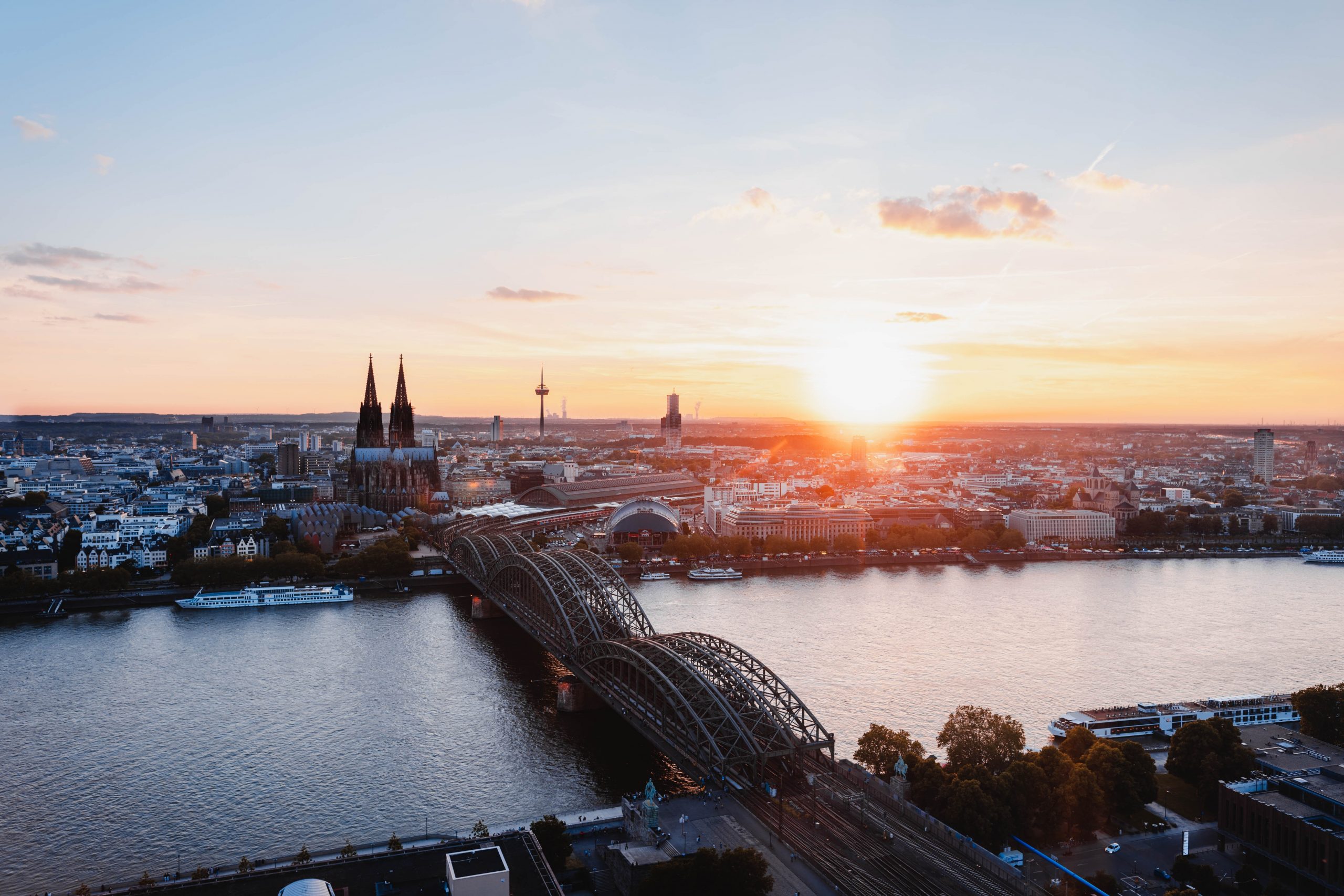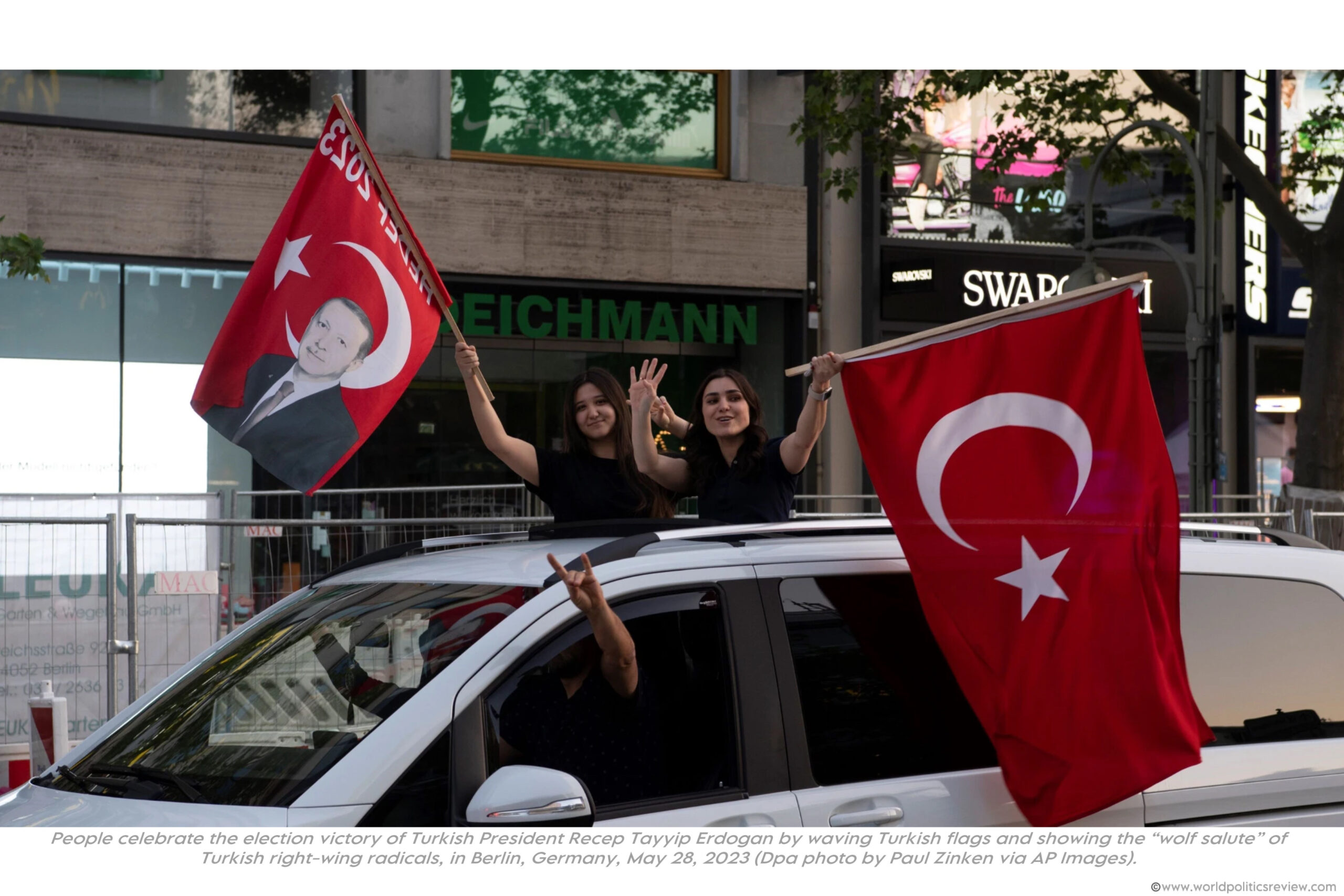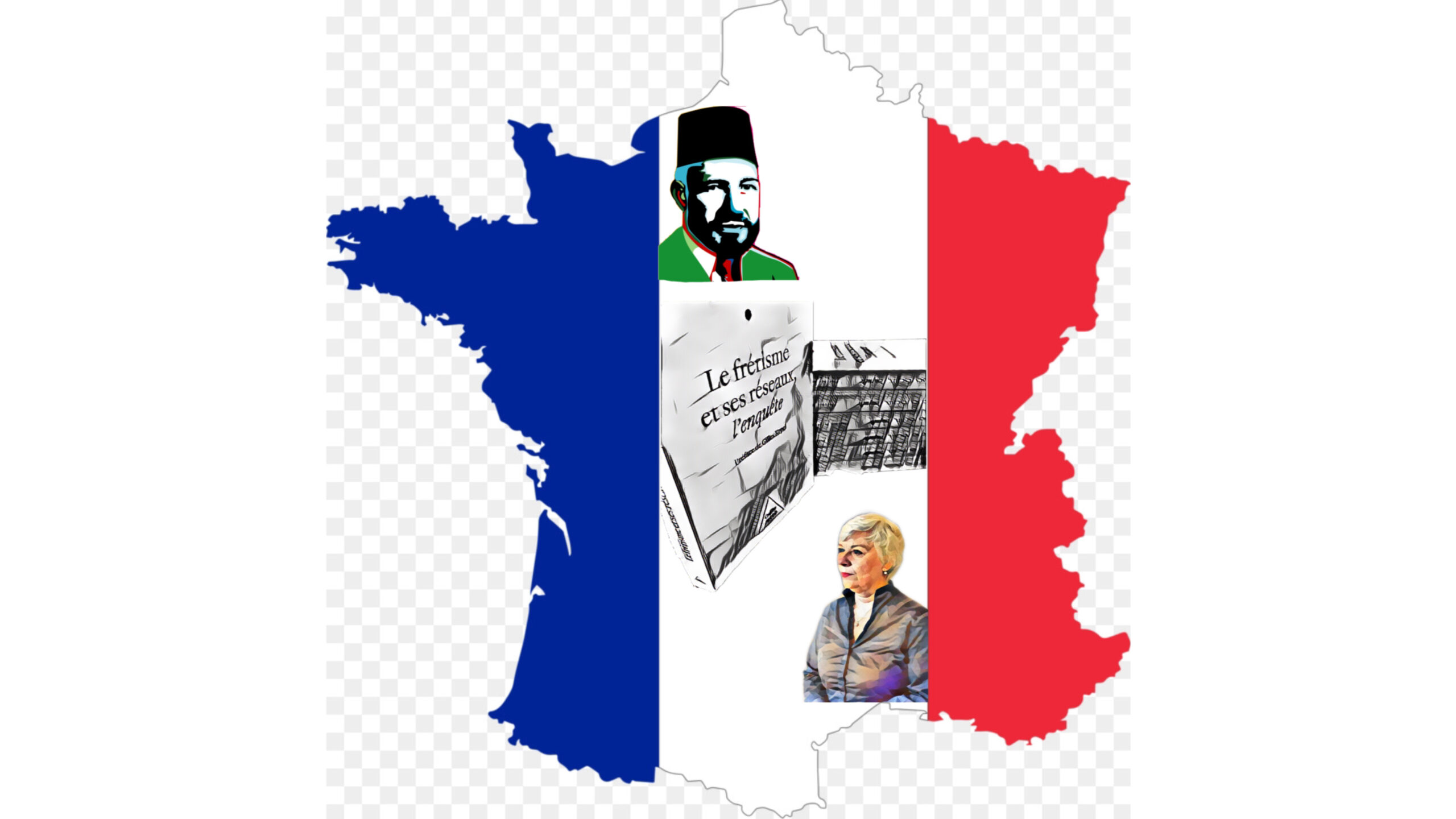Cologne’s non affiliated mayor, Henriette Reker, made headlines across Germany in October 2021 for granting Muslim congregations permission to call for the midday Friday prayer. The initiative is currently limited to two years. This is not the first agreement of this kind: In the Fatih Mosque in Düren, also in North Rhine-Westphalia, the muezzin has been calling to prayer three times a day since the 1990s. However, given Cologne’s size, the sentiment prevails that this is decision will have far reaching consequences. Cologne is Germany’s fourth largest city, home to a Muslim population of around 130,000 as well as 35 mosques (Source). The nearly 12% Muslim population represents a share that is almost double the national average in Germany, where Muslims make up around 6.5% of the total population. (Source).
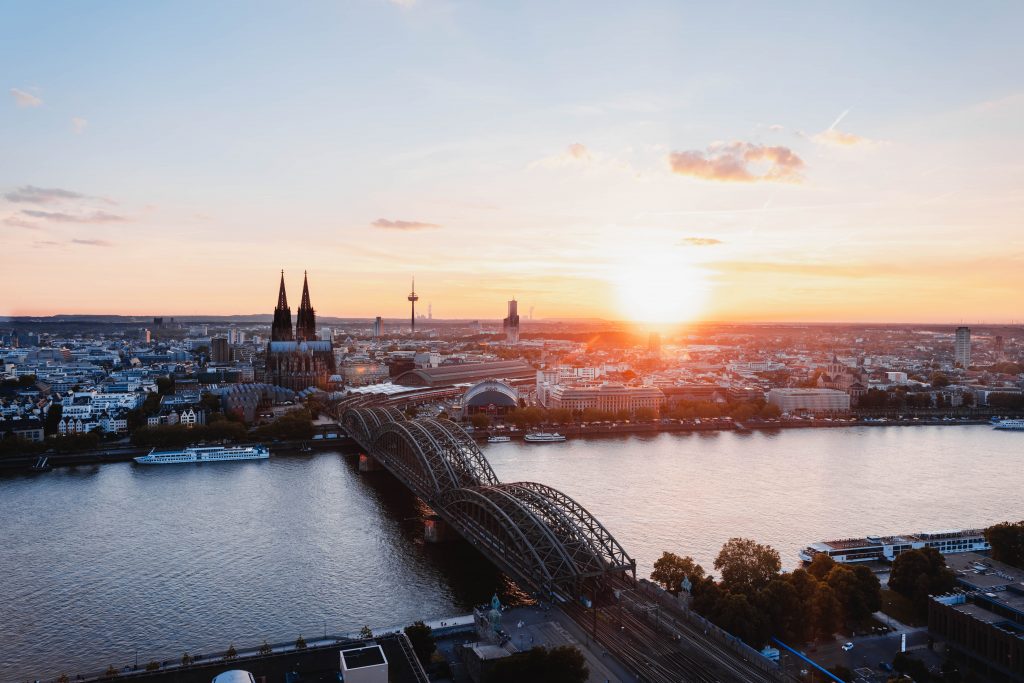
A press release issued by Reker’s government states that “in churches, bells ring to invite the faithful to the service, while in the mosques the muezzin’s calls serve this purpose” (Source). Cologne’s municipality will allow mosques to request permits to call for prayer on Fridays, between 12 pm and 3 pm and for a maximum of five minutes. Further restrictions include the volume of the calls, which will depend on the location. In addition, the neighborhood of the mosque will have to be notified in advance of the muezzin calls through the distribution of a brochure, while every Muslim community must also appoint a contact person to respond to any questions raised by the surrounding population. Granting Muslims the right of muezzin calls has been touted as a sign of tolerance by Reker: “Our fellow Muslims are an integral part of Cologne society. Anyone who doubts this, questions the identity of Cologne and our peaceful coexistence.” (Source) The question remains whether Muslims are seeking this right in the first place. To date, no applications has been has been registered.
One of the largest Islamic organisations in Germany, the Turkish-Islamic Union for Religious Affairs (Ditib), is headquartered in Cologne. It issued a statement in support of the mayor’s decision, presenting it as an “expression of the homecoming of Muslims who have been living in Germany for generations as a natural part of German society” (Source). Rather than being something unique to Cologne, the Ditib statement reads, the city is “joining this chain of mutual tolerance and acceptance…the political and social zeitgeist is always subject to change and is an expression of developments and realities” (Source).
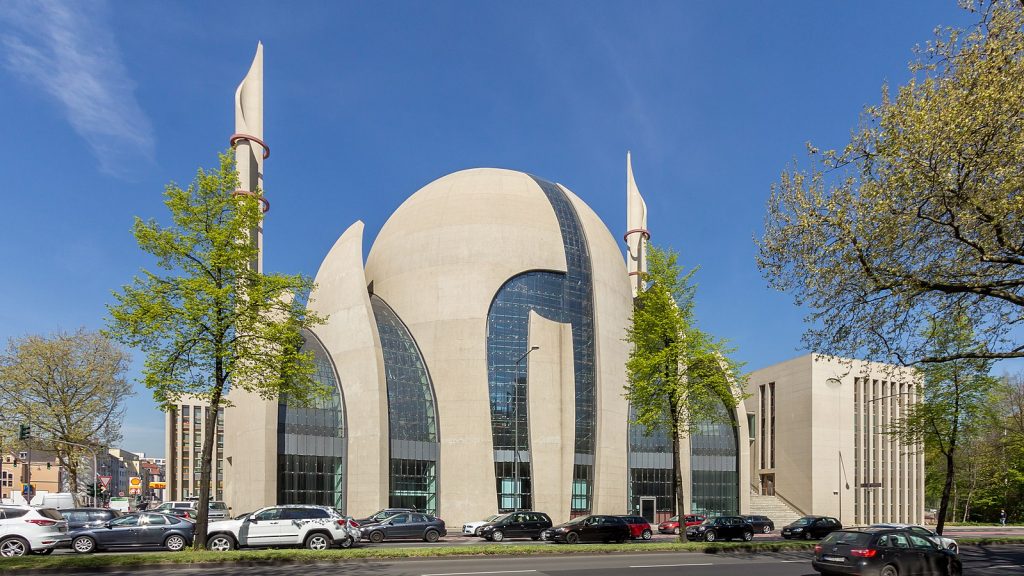
Commenting on the origins of the initiative, Benjamin Idriz – the imam of a mosque in Prenzberg, near Munich – stated that “the issue of a call to prayer came up for us about a year ago, when the mosques were closed because of the pandemic. I had the spontaneous idea of making a public call to prayer on Friday as a signal to the believers that we were still there, so that they would not lose hope in the lockdown. We submitted the relevant application to the city of Penzberg. Once the idea got out, it provoked a lot of discussion, with letters to the editor in newspapers and a demonstration organised by an Islamophobic group from Munich. They came to Penzberg especially for that. That’s when I realised our wish for a call to prayer had triggered quite a controversy” (Source). Eventually, Idriz rescinded his request citing that he believed German society to not yet be ready to “tolerate a Muslim call to prayer for five minutes” (Source).
Regarding the debate concerning the equal treatment of religions as represented by the muezzin calls in the case of Islam and the ringing of church bells in the case of Christianity, Dr. Klaus Hammer has weighed in here. He is the director of the bell museum Stiftskirche Herrenberg near Stuttgart. He aims to differentiate between the two: “One is a concrete call, an unambiguous message that says: ‘Allah is great, I testify that there is no God but Allah’. We can translate Allah as God. That will not be a problem for other believers either. But when it continues with ‘I testify that Mohammed is God’s sent prophet’, then it looks a bit different” (Source). However, several public figures known for their opposition to Islam, like Turkish-German sociologist Necla Kelek and German-Israeli Muslim psychologist Ahmad Mansour have spoken out against the decision. Kelek stated: “The initiative is one-sided. She [Cologne’s mayor, Henriette Reker] has not made sure that her counterpart, with whom she has in a sense made a contract, is equally respectful and tolerant of an open society. And I maintain that these mosque associations are closed societies and foster parallel societies” (Source). Mansour, meanwhile, commented in Germany’s weekly, Focus, that “I am a Muslim and I don’t want any muezzin calls in Germany – because I know where that leads to” implying an entitlement mentality and the threat of more hardline supporters viewing this is a victory for an ideology that has little to do with tolerance or equality of religion (Source).
Adding to the secularist side of the debate is the well-known German-Egyptian political scientist and critic of Islam, Hamed Abdel-Samad (*mini-bio below). In an interview with Germany’s daily Die Welt, he stated: “Every Muslim is allowed to pray, fast and go on pilgrimage to Mecca as they wish. But why should some people get the right to use loudspeakers to sound their neighbourhoods? That has nothing to do with diversity or freedom of faith” (Source). Abdel-Samad makes a distinction between the church bells and the explicit message contained in the muezzin call:” One contains no ideological content, the other is laden with it: “The bells are sometimes annoying, but they do not make propaganda like the muezzin call. No ideology is proclaimed by the bells. But when the muezzin calls out the battle cry Allahu Akbar, meaning ‘Allah is greater than all religions, all enemies, all people, and Mohammed is his messenger’, that is a clear announcement to the rest of society” (Source).
Finally, the likelihood that one of the mosques that will be calling for prayer is Cologne’s central Ditib mosque has also raised some eyebrows. For example, the affiliation of Ditib with Turkey’s government and its opposition to sexual minorities, have raised the concerns of gay journalist Daniel Cremer. In Germany’s largest daily, the Bild, Cremer spoke out against mayor Reker’s tweet that “permitting the muezzin call is a sign of respect” (Source), in the following terms: “Really? First of all, who is calling? In Cologne, for example, it could be the Ditib central mosque. It is under the control of the Turkish autocrat Erdogan, who does not exactly embody the values for which Cologne, for which our liberal democracy stands. On the contrary. Dear Ms Reker, for me as a gay man, as a native of Cologne, your words are sheer mockery” (Source).
*Hamed Abdel-Samad was born in Giza in 1972, the third of five children of a Sunni imam. He received a strict religious upbringing before studying English and French in Cairo. He was affiliated with the Muslim Brotherhood before becoming an atheist and moving to Germany to study political science, in Augsburg. He has published extensively in the past 12 years with a critical view on the ability to reform Islam while also criticising the shortcomings of the integration policies in Germany. Following the publication of one of his earlier works in Egypt, a fatwa was issued threatening Abdel-Samad’s life. He has been living under police protection in Germany ever since.

